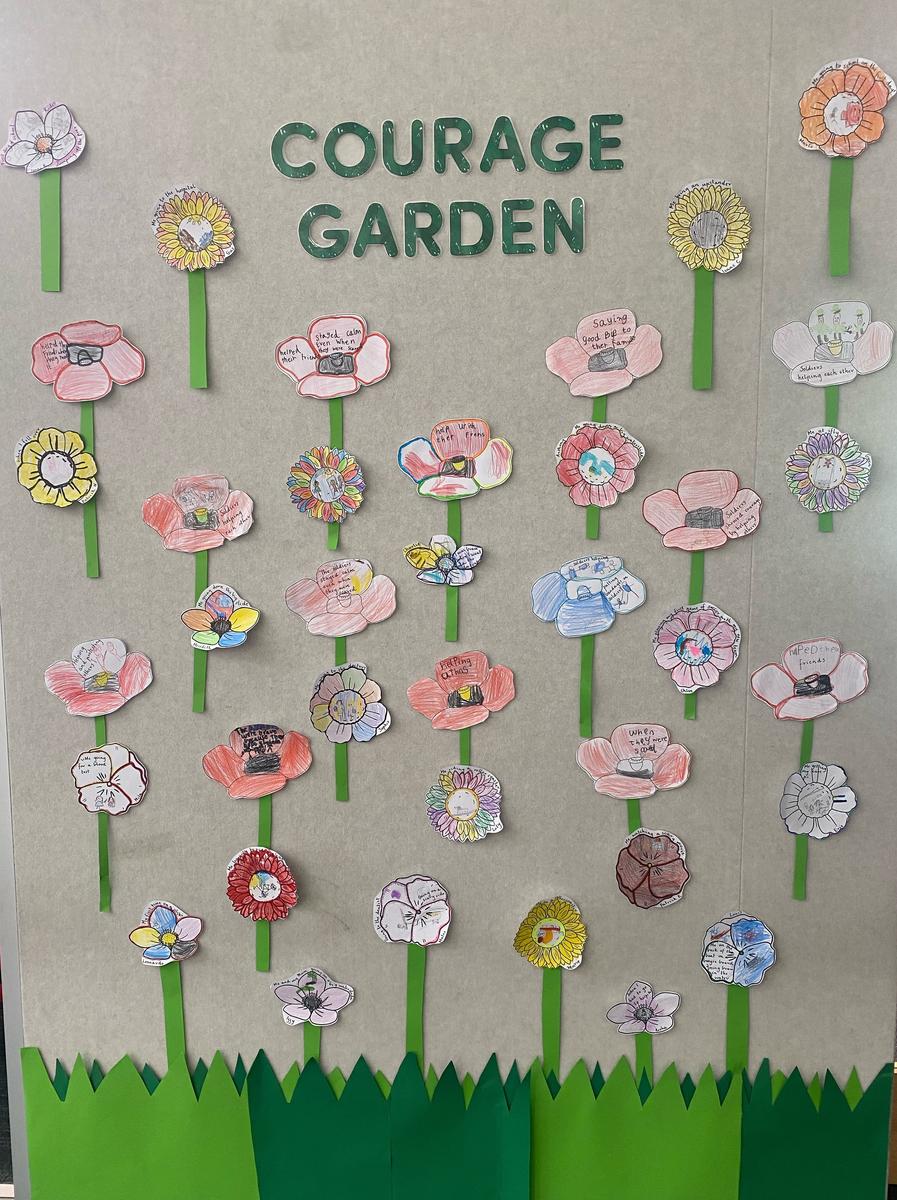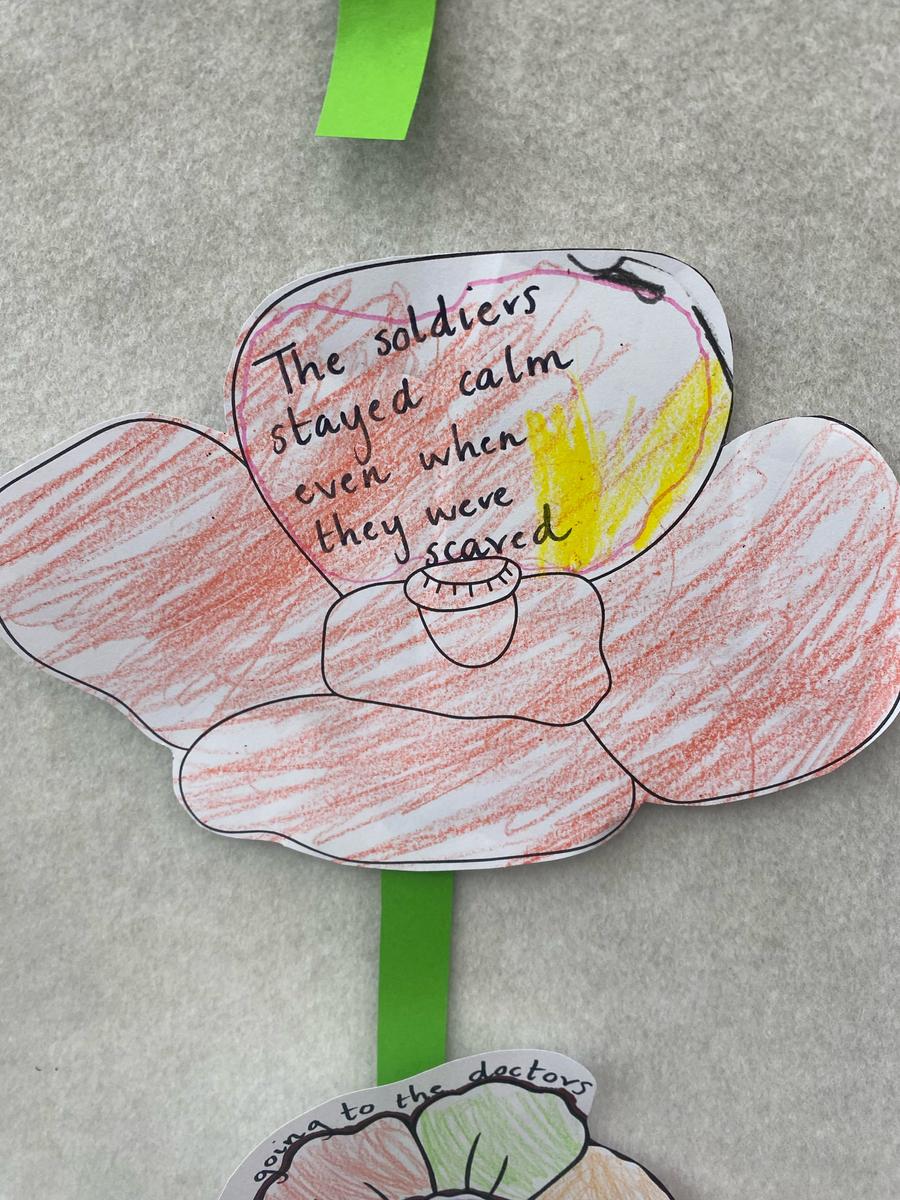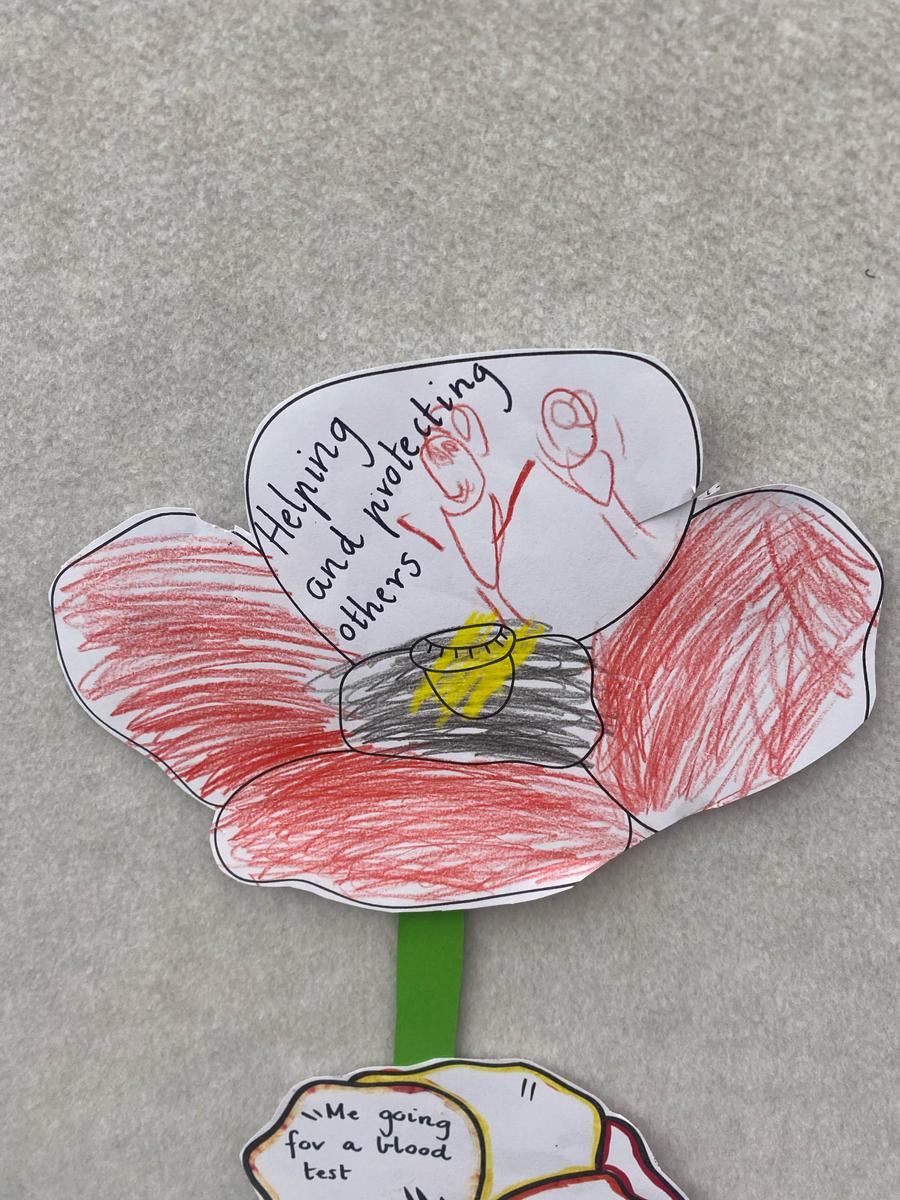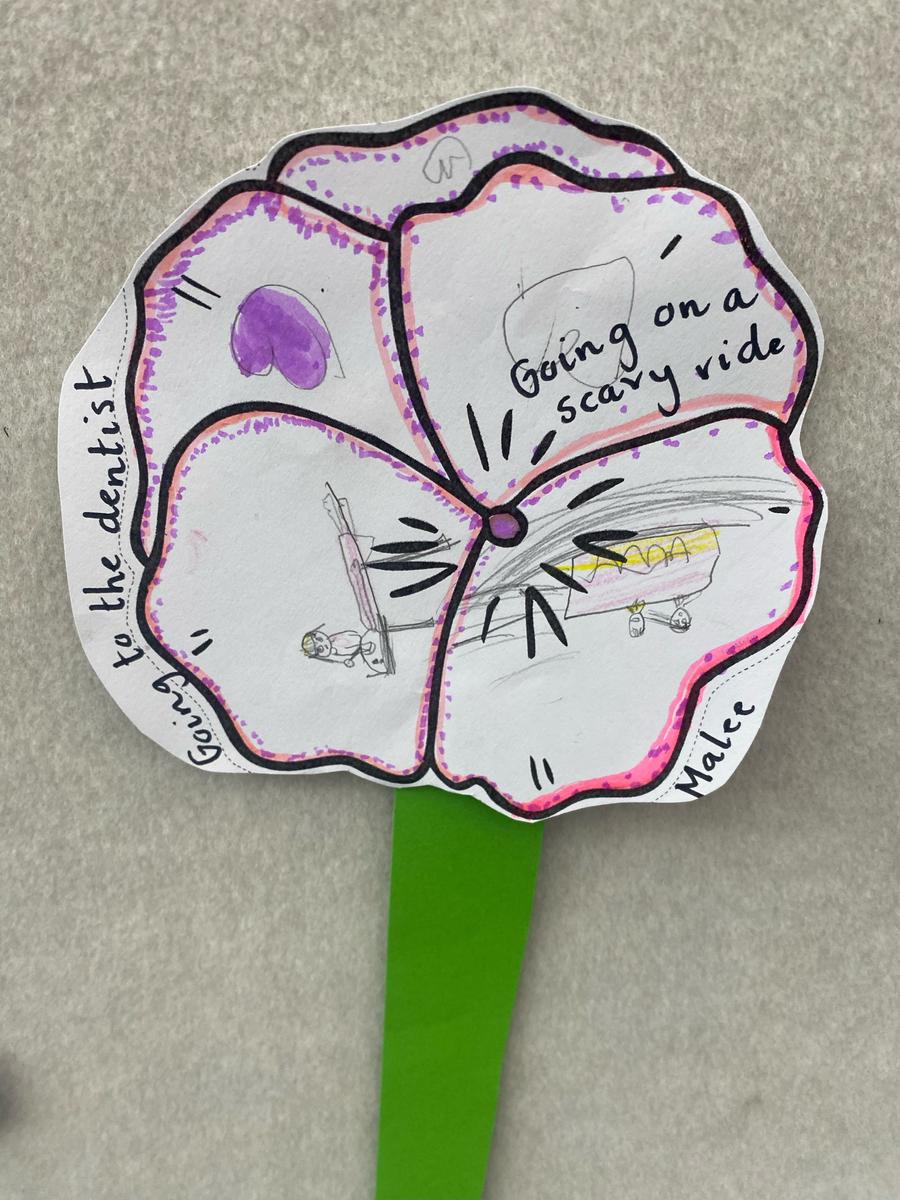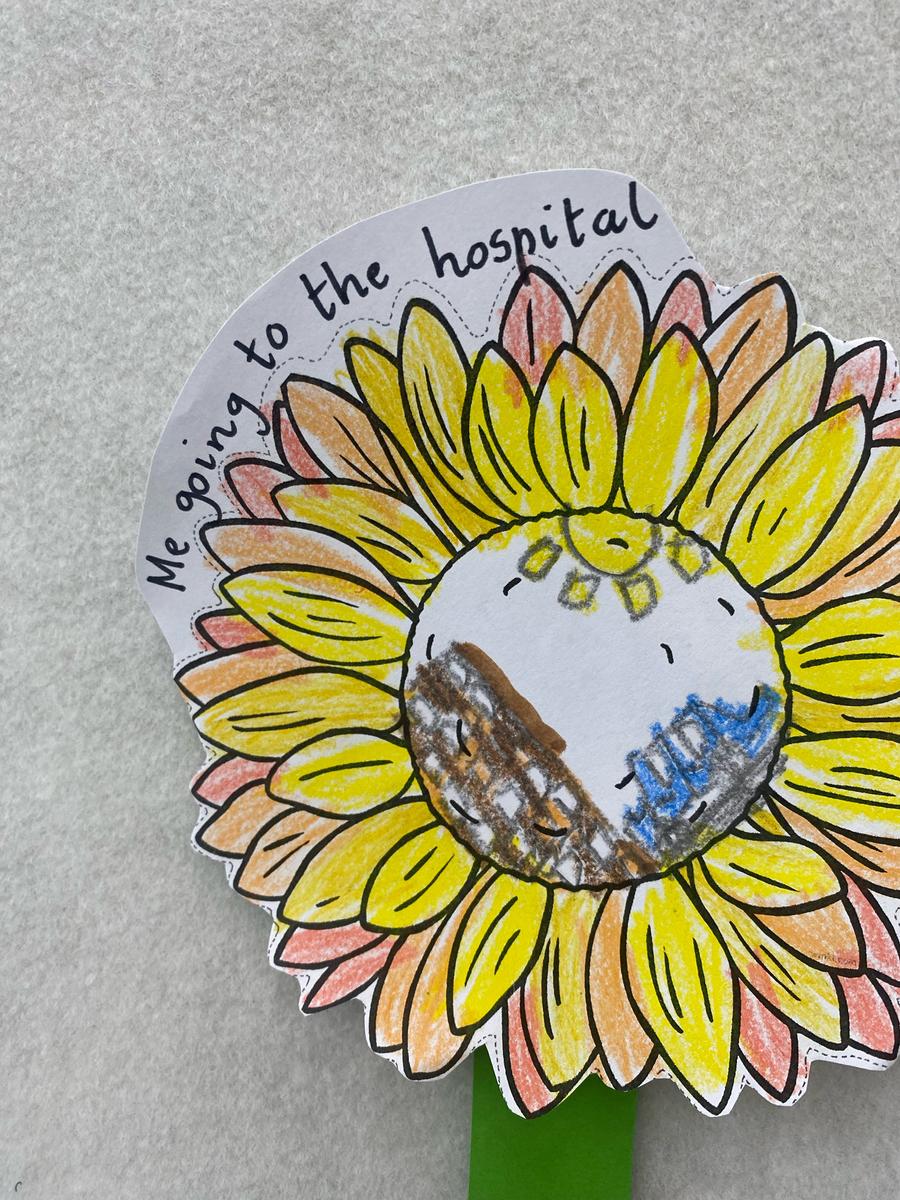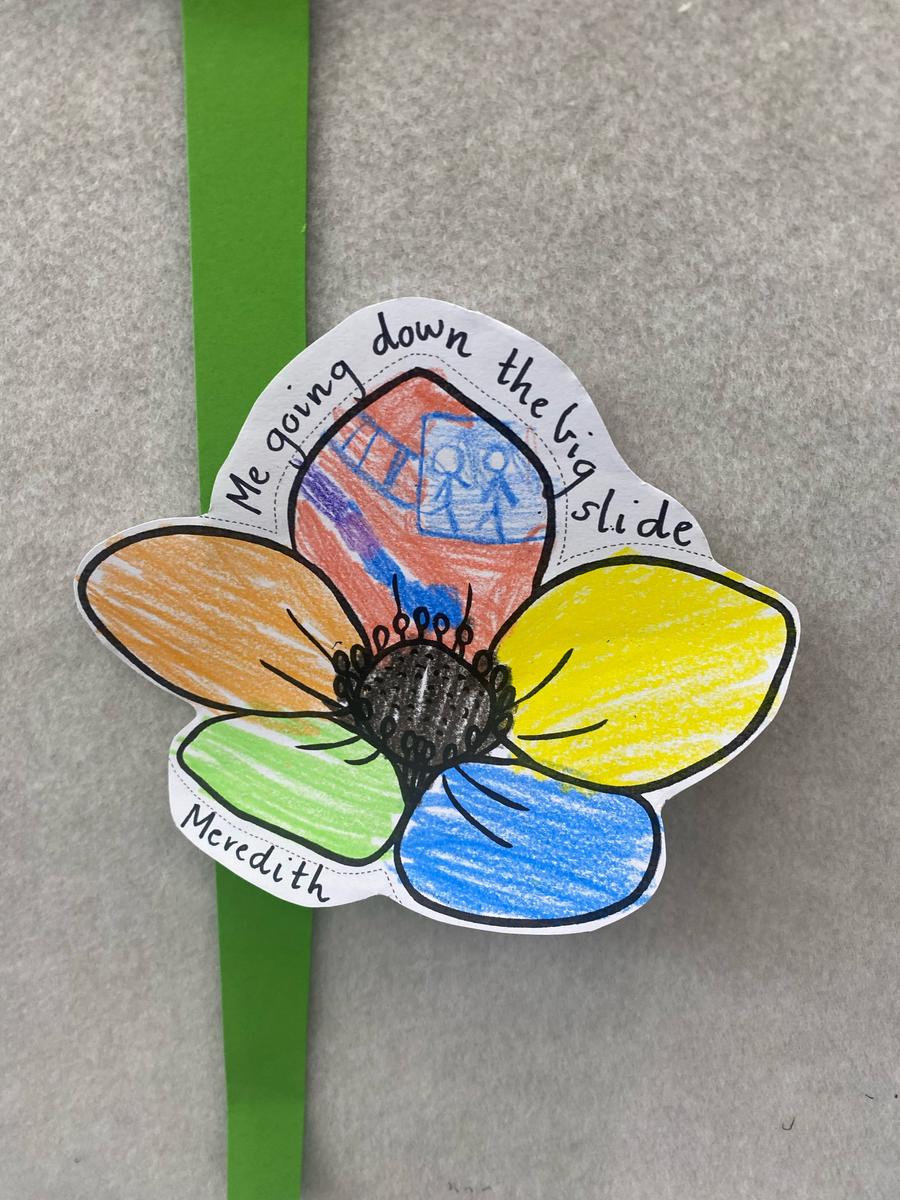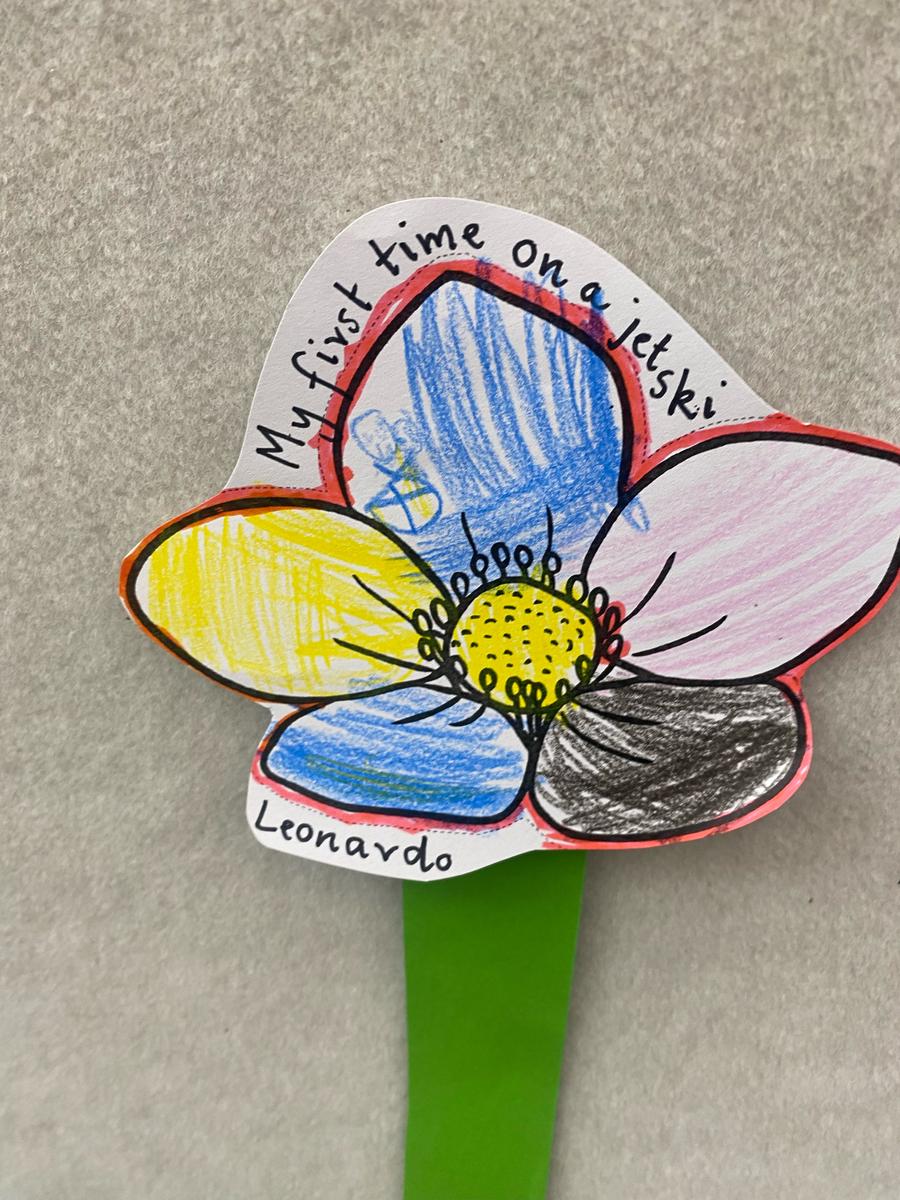Wellbeing
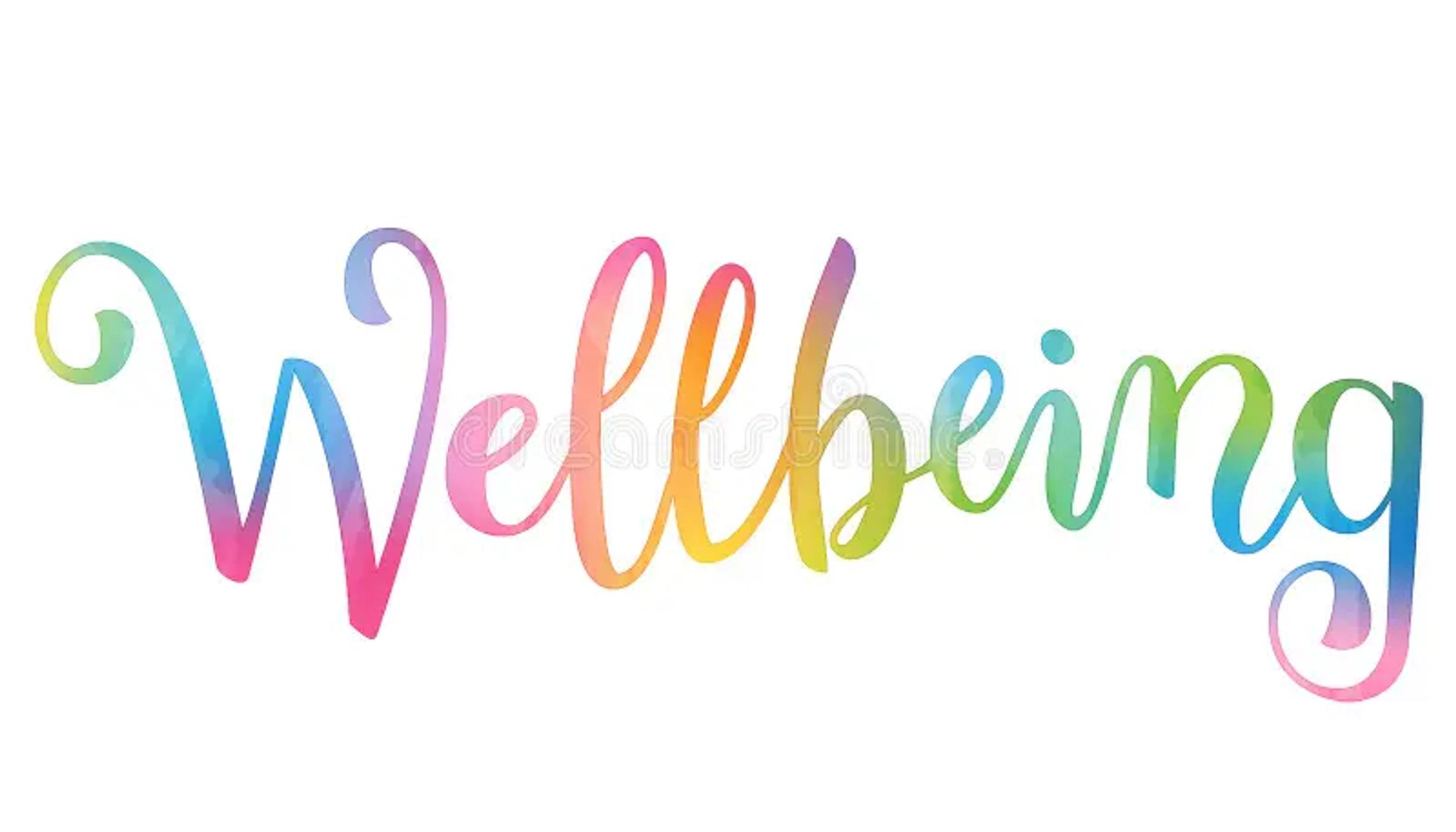
Courage.
This fortnight our students have looked at courage.
What can you do to help your child to be brave?
- Talk about when you have felt scared and what you did to overcome your fears and be brave. Give examples of times in your life of when you tackled your fears and ‘had a go’ at something that was difficult.
- Stress how pleased you felt afterwards. Discuss the gains that being brave can bring (e.g. self-respect, confidence, skills).
- Look for examples of courage, heroism and foolhardiness in the media and discuss them with your child to help them to understand the differences between courage, heroism and foolhardiness.
- Encourage your child to have the courage to do what they believe is ‘the right thing’ even if others don’t agree with them.
- Remind your child about the things that took courage for them to do when they were little but now seem easy to them.
- Explain that things that take courage for them to do now will seem easier and less scary as they get older.
Stress that throughout life there will always be new challenges that will require courage. Facing our fears is one of the ways we become stronger.
Source: Bounce Back, Helen McGrath and Toni Noble
Our students reflected on the ANZAC spirit and the courage the soldiers showed when they were protecting our country.
While it is very different circumstances our students thought about times in their lives when they have been worried about something and have had to use strategies to help them have courage.
The 1/2 classes made a Courage Garden with examples of how the soldiers had courage as well as how they have had courage.

